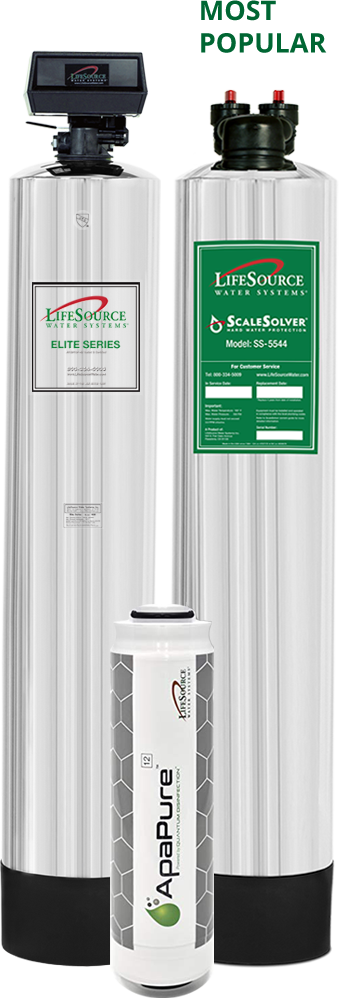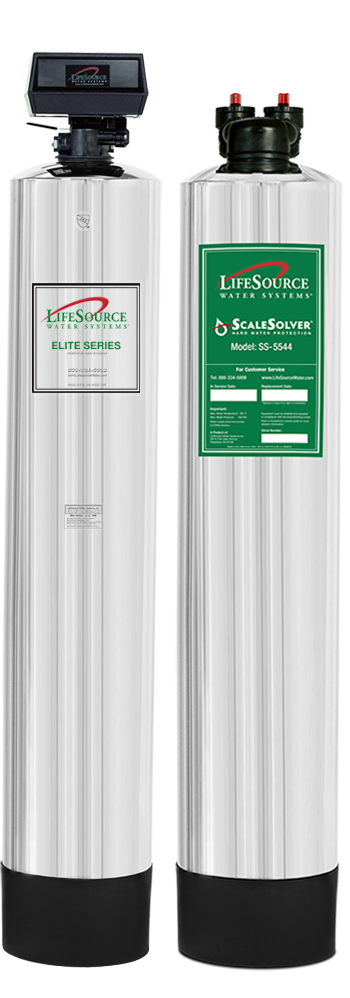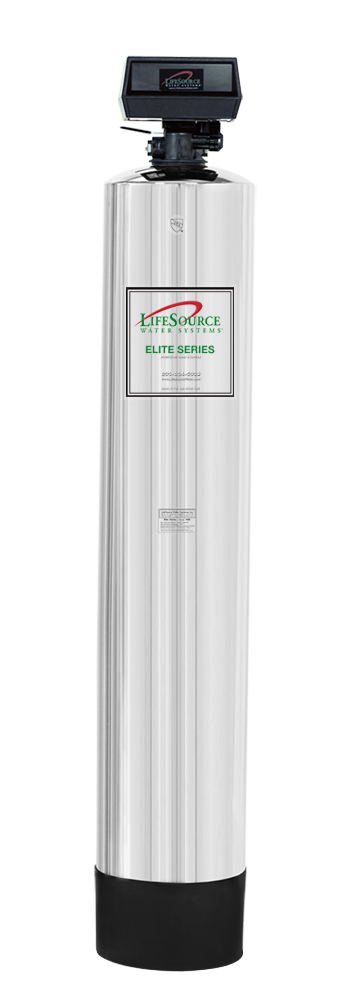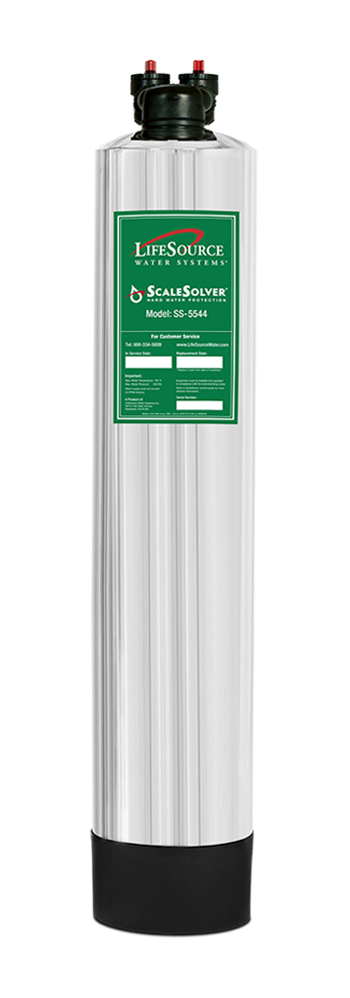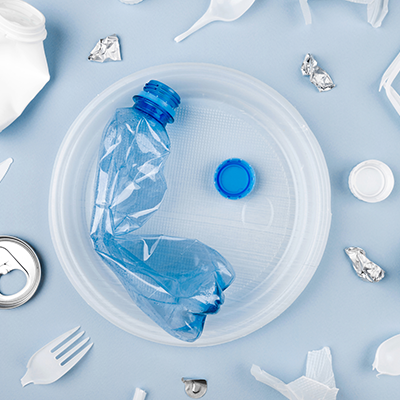
Stop Using Plastic Water Bottles
6 Reasons to Never Buy Plastic Water Bottles Again
Most plastic water bottles are made from PET (polyethylene terephthalate). While this type of plastic can successfully be recycled, less than 25% of plastic water bottles are ever recycled in the United States. The majority of our plastic water bottle waste ends up in landfills or pollutes our environment. PET takes at least 400 years to degrade. The first PET bottle was made in 1973, which means ALL PET plastic that’s been created has at least another 354 years to go. The biggest catch is that PET can never truly bio-degrade. This means, that once a water bottle is made, the plastic never truly goes away. Plastic just gets smaller and smaller until it is microscopic in size.
All plastic water bottles that are not recycled eventually turn into micro-plastic. Micro-plastic has now been found in fish, birds and even the water in plastic bottles. The long term health effects of digesting micro-plastic is unknown. Concerned scientists warn of potentially adverse consequences.
Did you know it takes more water to manufacture a bottle of water than the amount of water that same bottle can hold? A 2013 study prepared for the International Bottled Water Association (IBWA) found that it takes 1.39 liters of water to produce 1 liter of bottled water. By using a reusable water bottle, you are minimizing the amount of water wasted over time.
Manufacturing water bottles uses up precious natural resources. PET (polyethylene terephthalate) is made from resins derived from crude oil and natural gas. The energy it takes to manufacture and transport plastic water bottles creates a substantial carbon footprint. Considering that most of us in the United States already get tap water, it may be more energy efficient to install a whole house water filter.
Plastic water bottles, along with other single use plastics are piling up. Literally. It is estimated that the global consumption of water bottles will be over half a trillion by 2020. All that plastic has to go somewhere. Only around 23% of all single use plastic is successfully recycled each year. Too many plastic water bottles are littered, polluting our parks and cities. These plastic water bottles wind up in our water systems and eventually make their way to our oceans. Large floating masses of “garbage patches” full of single use plastic have formed in our ocean gyres.
Consider all of the money spent on plastic water bottles every year. Even if you spend only $1 a day on a 16.9-ounce bottle of water with lunch, that adds up to $365 a year. That’s just for just ONE bottle of water. Now do the math for the recommended 64 ounces of water a day. Even if you buy in bulk and pay around $0.12 per 16.9 ounces (around 2 glasses) of water that still adds up to $175 a year for each person in your family. Maybe it’s time to invest in a reusable water bottle or two?

